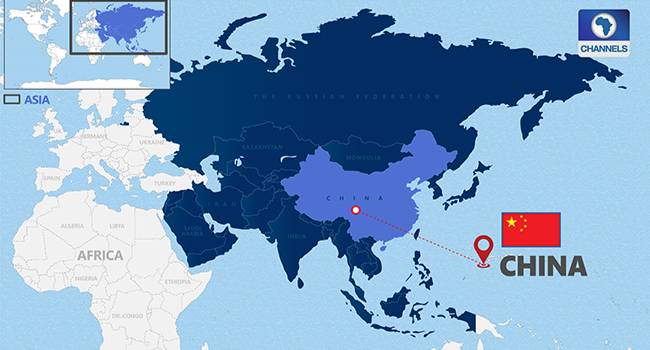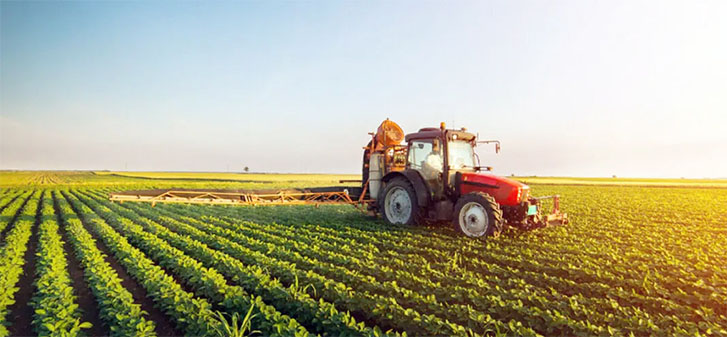Why it is important for Nigerian farmers to have access to tractors — TracTrac CEO, Ohuruogu
By Nurudeen Alimi
Copyright tribuneonlineng

Godson Ohuruogu, the Chief Executive Officer, TracTrac, an agricultural mechanisation company, in this interview with NURUDEEN ALIMI, shares details of why it is important for farmers to have access to tractors and the reason behind the company’s initiative to provide 804 tractors to 125,000 farmers in strategic locations across Nigeria. Excerpts:
Would you say Nigerian farmers are adopting mechanised farming?
Yes, more farmers are adopting mechanised farming, but adoption is still low compared to where it should be. Nigeria has about 34 million smallholder farmers, yet tractor density is estimated at less than two tractors per 1,000 hectares, far below the FAO’s recommendation of 8 per 1,000. The challenge has always been access and affordability. What is changing now is that with platforms like TracTrac, farmers no longer need to own tractors; they can hire them on demand at affordable rates. This is helping drive adoption, especially among smallholder farmers.
How much can availability of tractors for farmers contribute to a successful farming season?
Availability of tractors can make or break a farming season. For example, when land preparation is delayed, farmers can lose up to 40 per cent of potential yield. With tractors, they can prepare larger areas on time, plant faster, and harvest more. It also reduces labour costs significantly. So, when tractors are available, farmers are not only more productive, but they also get better returns from their effort.
TracTrac has deployed 804 tractors to 125,000 farmers across Nasarawa, Abuja, and Kaduna, what does this initiative intend to achieve?
The goal is to make mechanisation accessible to farmers who otherwise would not have it. By deploying tractors at scale, we are building a shared service model where smallholder farmers can get timely and affordable access. This boosts productivity, reduces drudgery, and improves incomes. It also shows both government and investors that mechanisation at scale is possible and impactful.
Farmers report 15–20 per cent yield improvements and 20–30 per cent cost savings through shared tractor services, what do you have to say regarding this?
Those figures match what we see on the ground. When farmers access tractors at the right time, yields go up because they plant and harvest on schedule. At the same time, they save costs since they don’t need to buy tractors or rely on expensive manual labor. Shared services are efficient, practical, and sustainable, which is why farmers are seeing both higher yields and lower costs.
What can government, particularly at local and state level, do to ensure tractors are available to farmers?
Government can play a big role by working with the private sector to bring more tractors into circulation. This includes creating financing and leasing models that make tractors affordable, supporting platforms like TracTrac that improve access and transparency, and investing in training so young people can run these services. If government creates the right environment, tractors will reach more farmers and food production will increase.
READ MORE FROM: NIGERIAN TRIBUNE



